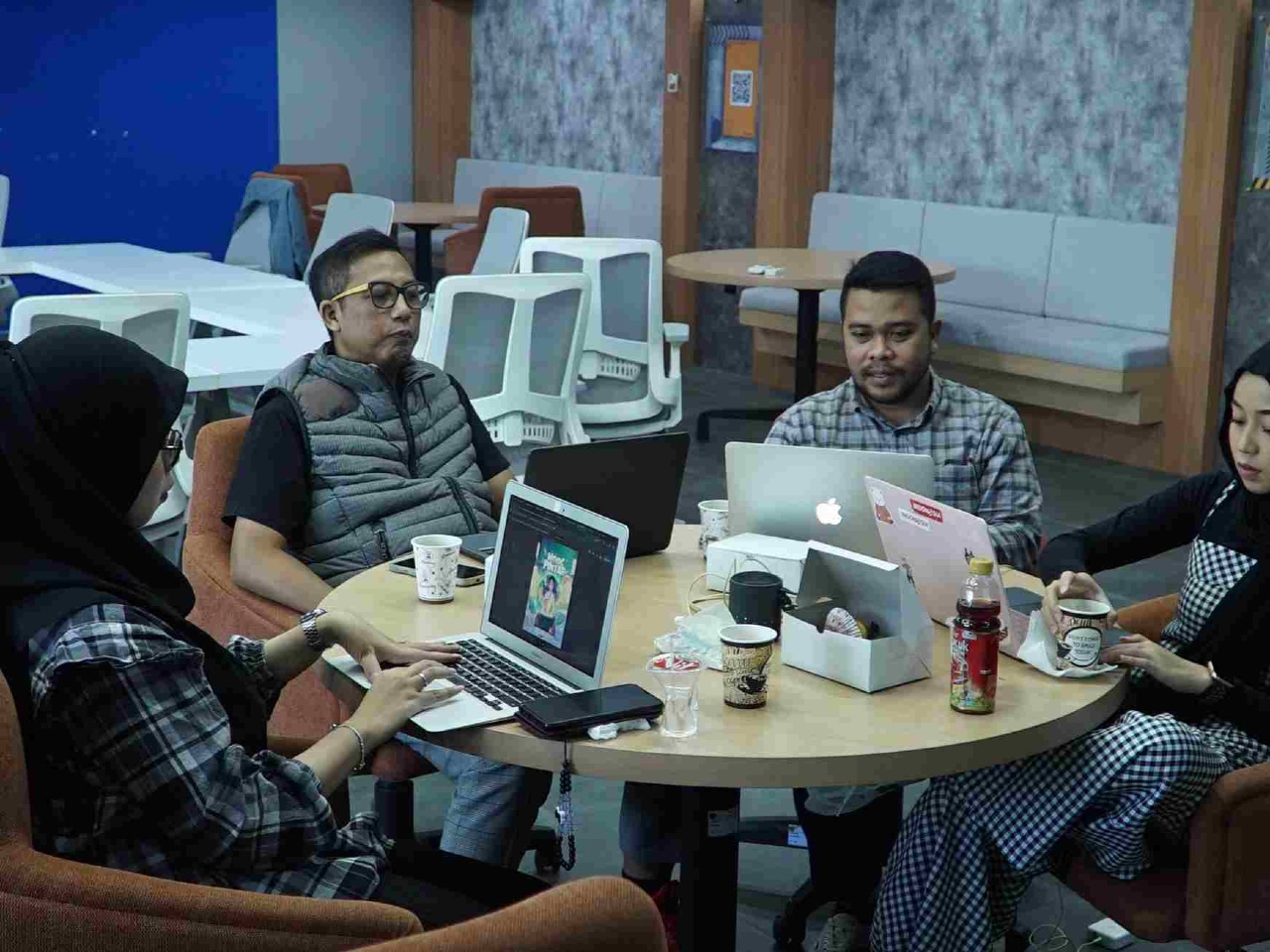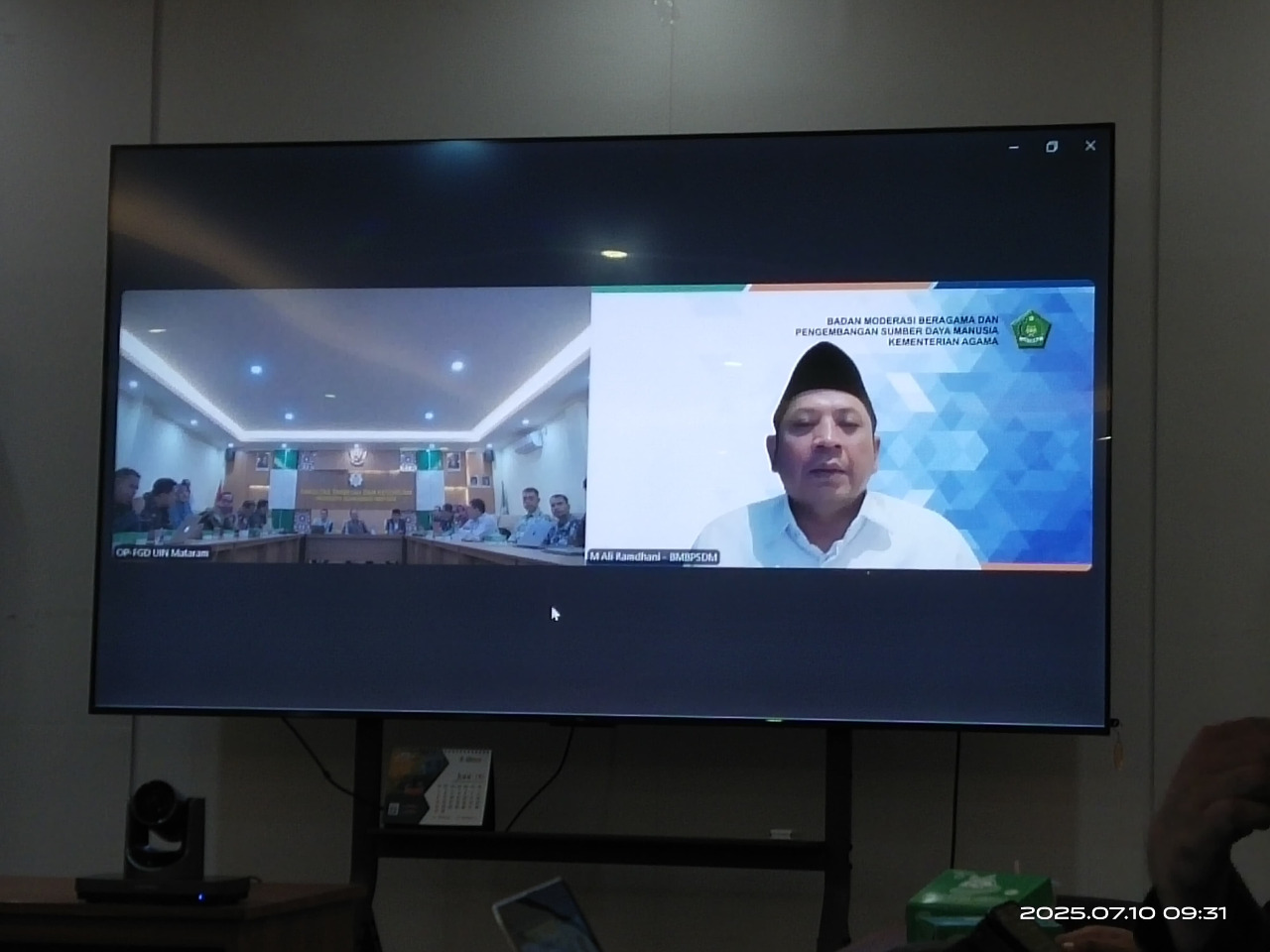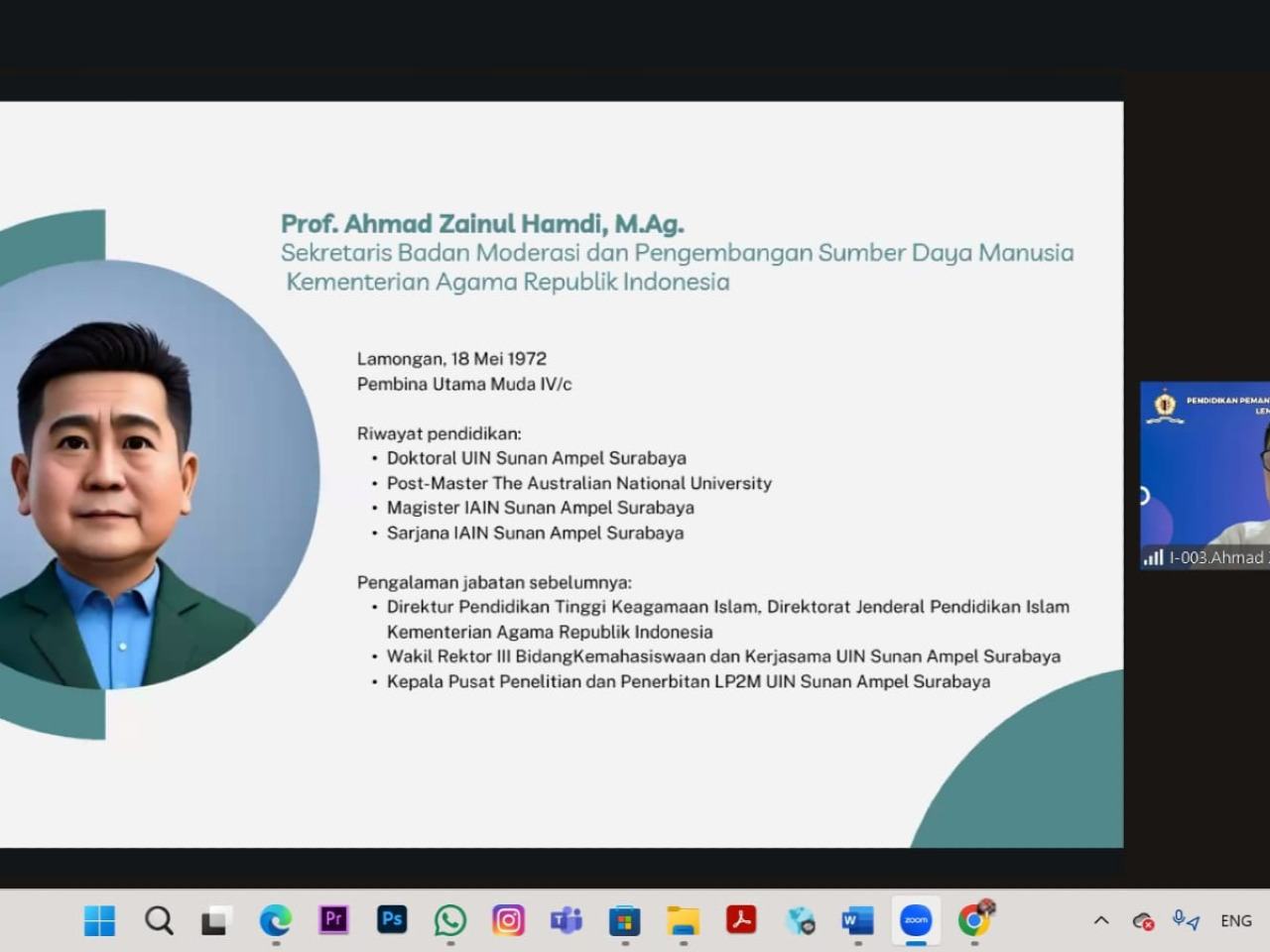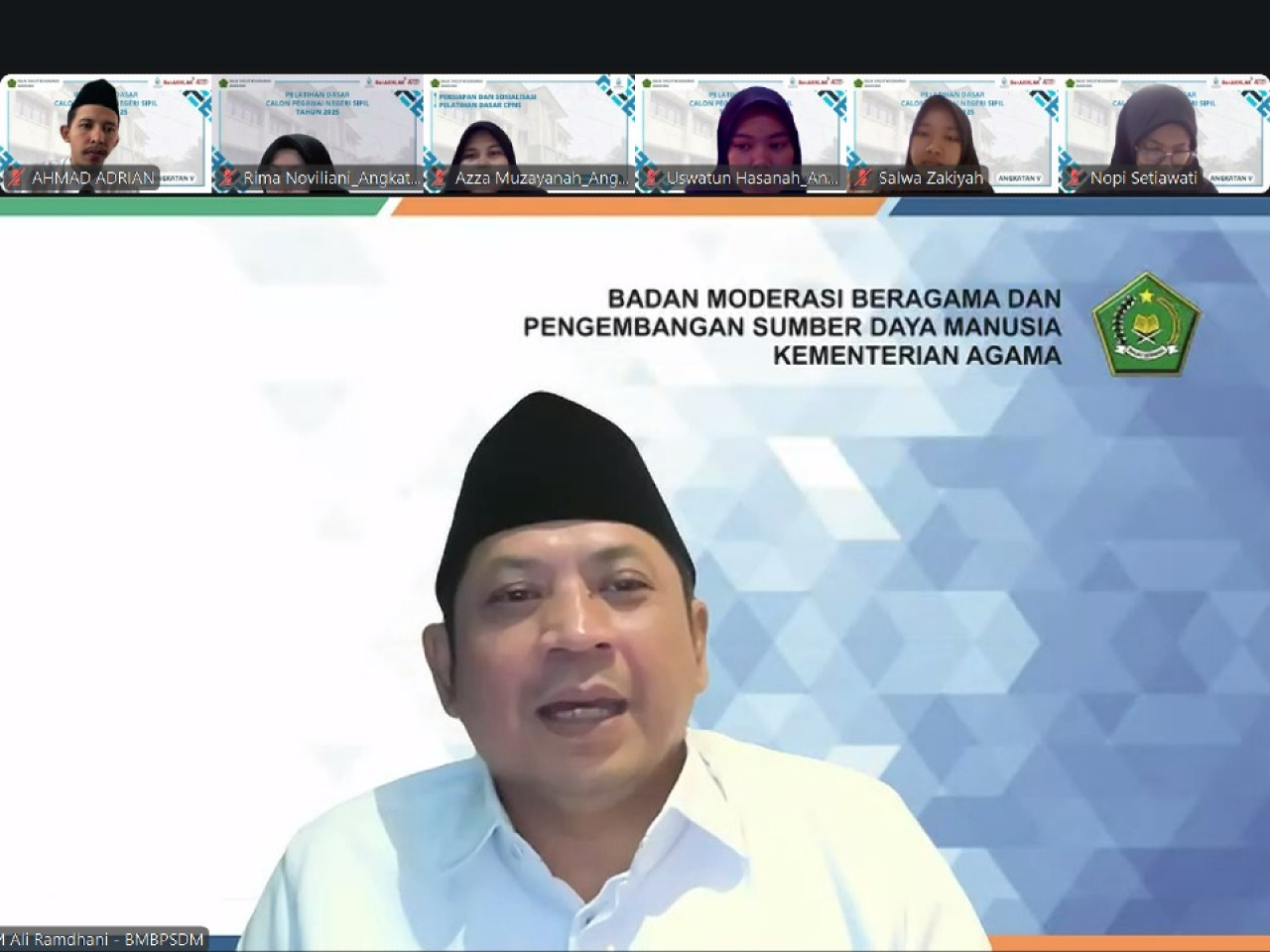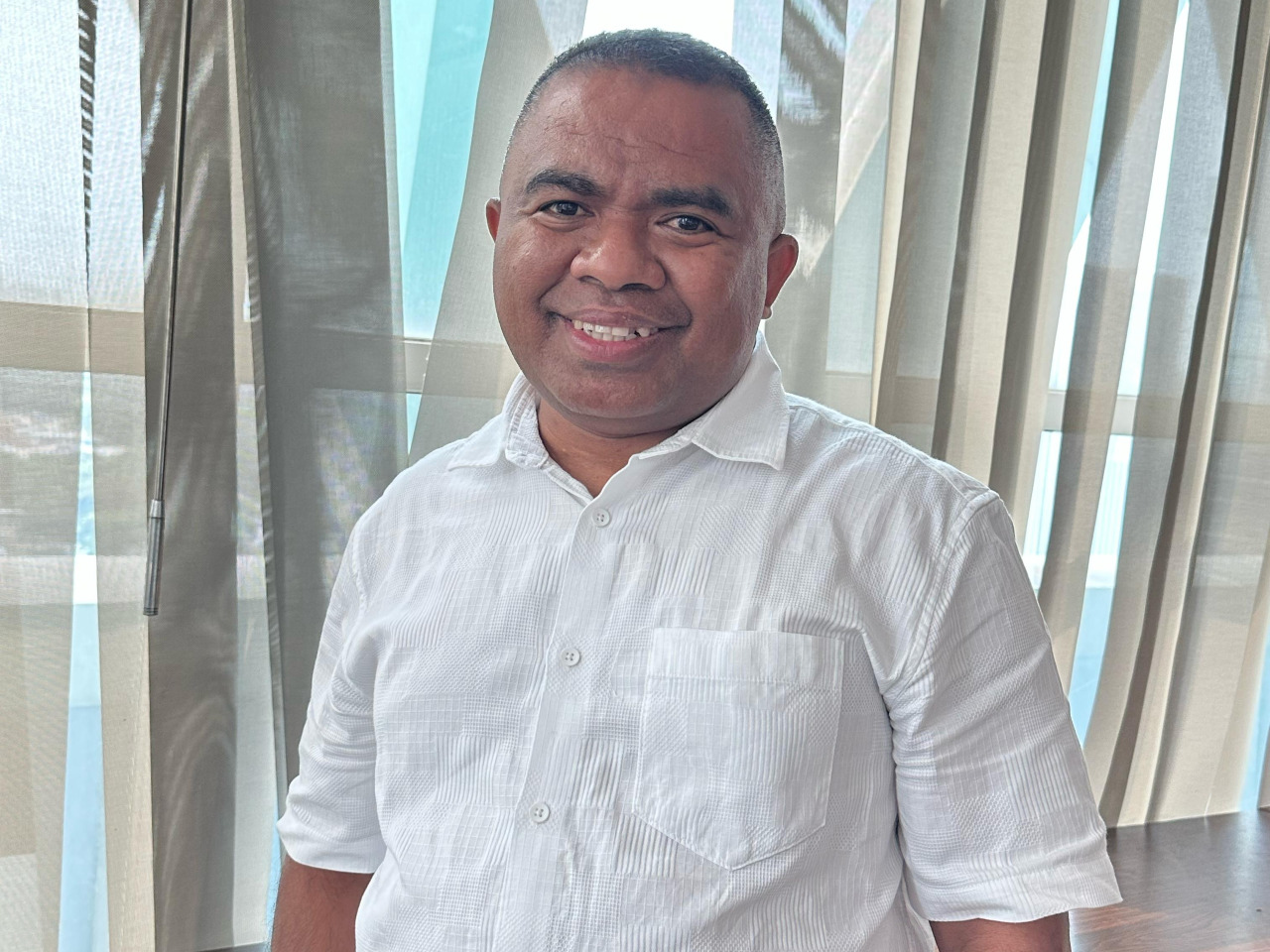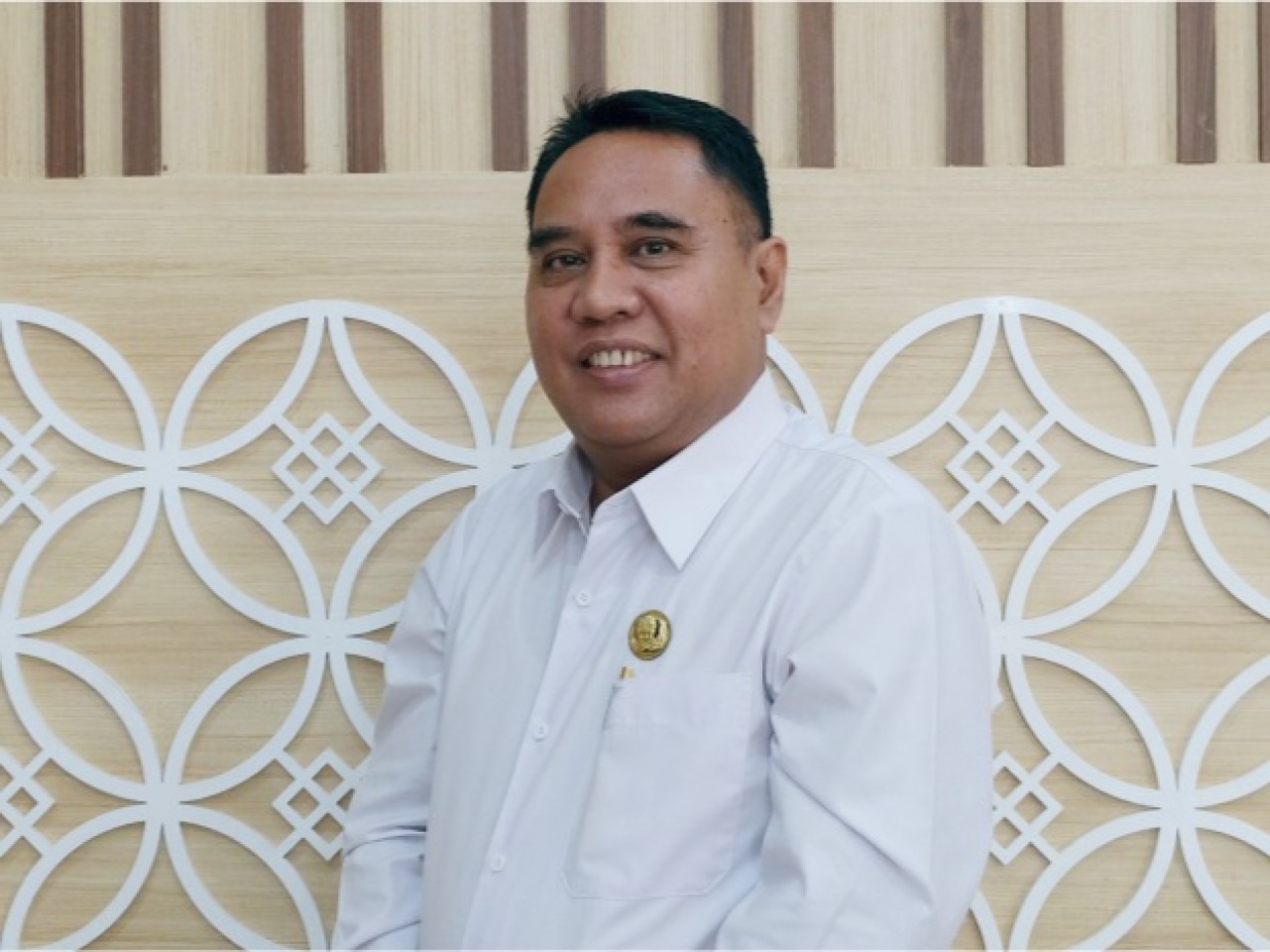Faith and Identity

-
Selasa, 03 Juli 2012
by Machasin
Problem
It is a matter of fact that some conflicts in this country bear religious color making difficult to the adherents of any religion related to such a conflict not to be aware of their religion based identity. This kind of identity sometimes becomes too exclusive that whereby man forgets any other sameness binding members of one religion with those of others. At times this fact hurts the feeling of pious people of faith. It is against their "genuine" faith that they should be separated from those who do not belong to their faith group, that they should exclude those others simply because they have other name of the object of worship and other method. Nevertheless, there are some who think and believe that this exclusion is only fair for the only true religion is that of theirs, making any adherent of other religion have no right to maintain his/her faith. The only proper conduct for them concerning adherents of other religions is to try to proselytize.
Faith needs naturally to be expressed, but it cannot be expressed in void. There are imposed modes and types of expression that make it difficult to find a genuine expression which is free from any socio-historical burden. To express your faith which is sometimes no other than letting your identity be known, then, means that you will shoulder the burden which is imposed from without. Thence comes the problem of telling what you are as is defined by your faith. Should you express your faith, if you realize that this expression will entail difficulties on you? Should you identify yourself with those people bearing the same religious name as yours if you know that there are many differences between them and you in understanding what your religion obliges and the manifestation of your faith? Do you have to confine your identity to your faith at time you know that many others bear sameness with you in many aspects of humanity?
This paper will try to give response to such questions by analyzing the nature of faith expression and its relation to identity. At the end of this paper I will propose the possibility of creating an inclusive faith or a theology of inclusion as an effort to get out of the problem.
Faith and its expression
There is a saying related to the Prophet of Islam that faith has more than seventy branches, the highest of which is pronouncing that ‘there is no god save the God’ and the lowest is picking from the street anything that may disturb the passerby. Faith always manifest in a form of conduct, acts or spoken words. It compels its holder to act or speak properly. However, sometimes it is not easy to define the proper acts or speeches believed to be obliged by the faith. Every religion has its long tradition of teaching what should or should not be done by its adherents and some conducts have been stamped as proper manifestation of its faith. Nevertheless, there is always room for them to question if such and such deed is actually a proper manifestation of their faith or whether one kind of action is better to be done than the other in a certain situation.
This question has its validity from the idea that everybody is free in believing or not believing. Besides, it is a fact that the formation of those ‘manifestations’ of the faith was made in the past by human beings (be they prophets, scribes, ulama or other religious authorities, or even laymen), living in a certain situation. When new different situation comes, some of them become no longer appropriate. In the case of Islam, for example, some of manifestations of faith were formulated at time of wars in the name of God. Accordingly, jihâd (meaning waging holy war to the enemies of Islam) was consecrated as the highest manifestation of Islamic faith entailing the promise of entering Paradise without any question for anyone killed therein. But now, when Muslims live in a nation state with plural citizens, it cannot be so any longer; unless they choose to live in difficulties.
Who, then, provides the formulation of proper expression of faith? Since theoretically there is no hierarchy of authorities in Islam, after the death of the prophet it is the Islamic community that has the right to do so. However, it is a historical fact that ulama are supposed to have the authority to prescribe the teaching of Islam, although the Islamic community actually has the right to agree or disagree. That’s why some ulama are respected and their teachings are followed, while others are not. Anyhow, every individual has basically the right to translate his/her faith into action or verbal expression, and no one can restrain him/her from doing so. But, in order that his/her translation becomes representative manifestation of Islamic faith, other Muslims should have their voice to say yes or no. Thence comes Islamic methodology which is called ijmâ` or consensus, the use of which has been restricted by many to valid only for the first generation of Muslims or for the religious scholars. The discussion of this methodology and its use in Islamic history will fall beyond the scope of this paper.
The point to be hinted here is that there are at least two kinds of faith expression: individual and communal. The first is creative, free and open, but has no authoritative manner. It can gets authority through a process of dissemination and a kind of public debate which eventually will comes consensus of the community. The consensus is authoritative, but needs a long time process and accordingly cannot easily meet the ever changing demand of the people. Nevertheless, it is from what has been agreed upon by the community and then becomes communal identity that others sometimes comprehend the identity of a person. It serves as a category by which any "matching" person(s) should be classified.
As cultural stamp which colors religious groups, this communal identification sometimes raises suspicion, hatred, enmity etc. in one hand, for those who have bad image of the group of people belonging to it. On the other hand, it will give peace, amicability, love etc. for those who have the same identity. At times, it serves as a uniform telling others whether those who put it on are enemies or friends. Here, in this country, some Muslims had to do their best to get rid of the shameful feeling of being Muslims. Islam used to be thought here as a sign of backwardness, inferiority, impoliteness etc. making some Muslims awkward in showing their religious identity to the public. Now we have the same story when many view Islam as a sign of terrorism.
It seems that there are many factors—from remnants of ethnical suspicions, contact experiences, fragmental stories of other group of people, to recent accounts of bad conducts—that build images of the people concerned. These images which usually consist of bad features are made not only of peoples of other religion, ethnicity or nation, but also of other groupings within the same ‘territory’. Thus, the awareness of identity sometimes comes out with heavy burden on the self.
Identity and its source
Who tells what we are or rather whence does my identity come? From the childhood everyone is told or made accustomed that he/she is male or female and accordingly should behave properly as is told by the tradition. Everyone gets his/her name(s), inherits skin color and has many other identifying things without any will from his/her side. Nature, tradition and history force some of them on him/her, and almost nothing he/she can do to refuse or alter. No one can refuse his being dark brown or white, male or female, Javanese or German etc. Although you can learn any language you like, you cannot choose your mother tongue. Likewise, you cannot get rid of your destiny that you are a descendant of your ancestors.
However, as we grow we get some chance to show identity, which is different to some extent from what that has been told of us. "Well," one will say for example, "I am Javanese, but I am not like other Javanese people around me." Thus, here the identity comes from within the self, from what is wanted by the subject.
There is another kind of identity which comes from qualities achieved, expertise acquired through training or education and the like. Thus, I am a teacher, a carpenter or a taxi driver. At the first glance it is clear that this kind of identity comes from within the self, but as we look at it closely, we find many things from without that are involved therein. When I am aware of my being a teacher, I must behave properly as a teacher. At time I work as a carpenter I will take my place in society which is lower that that of a teacher.
To which kind does the faith based identity belong? Seeing that faith is something that is based on free choice, this identity must belong to the second: personal identity that is wanted by the self. Yet, it is a fact that many people have their religion by way of ascription. It is the parent, the socio-cultural environment or family tradition that is responsible of stamping religious identity upon them since the childhood, although they are able to choose at the majority to maintain it or to get another one.
Faith has the holder do obligations and restrains him/her from committing prohibitions. In doing what is obliged and withdrawing from what is prohibited one gets identity, religious identity. Sometimes, some of these obligations compel him/her to do what is contrary to his/her tendencies, desires, or natural qualities. An example is that there is no place for gay and lesbian in Islamic teaching. So, anyone who has inclination to homosexuality has to press it, at least publicly, and is forced to choose male or female identity. Likewise, someone who has a belief the content of which is more or less different of what understood by other members of his/her religious community, is more then ever not brave enough to let it be known. Here, too, he/she has to bury his/her own identity, since otherwise he/she will deserve some difficulties from the people around. Thus, what appears to be a collective identity is actually an imposed picture from without having inside potential identities that one day may emerge as competing picture(s).
When do we care?
We are not always aware of our identity. It needs some impulses for this awareness to come. The feeling of being excluded is one of them that may provoke a question of whence this exclusion comes. This question can lead to introspection finding the difference of the self from those who refuse to accept it. There could emerge another question of the fairness of this exclusion, which may raise jealousy, resentment, hatred etc., since it is usual that exclusion will be perceived as unfairness against one’s self. Accordingly, exclusion will provoke retaliation from the side of those who are excluded.
Globalization gives a good story we can take as an example of the feeling of being excluded. When television and other electronic media of information flood the minds of the audience with the cultures of those who have access to play therein, there rises a question in some of the people who have not of their place in this global life. Positive and negative reactions may be taken by them to overcome the feeling of being excluded.
From the opposite direction, one may refuse to be identified with the people around for some of their conducts he/she thinks improper or that he/she has something subtler than what they have. For instance, a peaceful soft-liner does not tend to identify him-/herself to the hard-liner group of his/her coreligionists. It is from this kind of impulse that some people demonstrating their religious identity by wearing head cover, cross necklace, hajj white cop, or greeting audience with salaam and the like. This is not to deny the existence of those who do that sincerely for observing religious obligation.
Inclusive faith
The expression of faith is actually something creative. "There is no compulsion in faith," says the Koran (2: 256). An imposed faith is actually no faith at all and it is you who know the best what you believe. That socio-historically-constructed picture, you cannot neglect, but you have the right to change it, mend it or even throw it away from you. However, every member of the community has the same right and so, there should be a process of idea exchange. The cyber world within which we now live gives opportunity greater than before for every one to bring forward to show to the public identities (including faith) that were restrained in the past by dominant cultures, orthodoxy, authoritarian regimes etc. Nevertheless, this kind of "freedom" seems to be based on the impersonality of cyber world. We can discuss everything through Internet without having our faces be seen by others. But, in reality we still have another story of difficulties that hinder communications between members of different communities, nations and cultures.
Anyhow, that is a good step to begin a new free world. It is high time for breaking through tradition barriers in order that everyone can speak out of his own identity. We have to bear in mind that the protruding of identity may have the same danger of pressing it. There should be "measurements" to lead this freedom of showing everyone’s identity to a process of learning from each other and adjusting the right place for everyone in the society—one human global society.
I think we have to take humanity as foundation: the belief in that human being is capable of finding truth by means of reason. It is not individual reason, but common understanding shared by all members of the community through a process of idea exchange. Faith, which is actually individual in nature, should be communicated to others in an endless searching of the most appropriate way of life of human being.
It is historical fact that many of believers hold unconsciously the theology of exclusion, thinking that it is only his faith that will save the human kind. In a global pluralistic, humane society it is only theology of inclusion that can survive: a theology which brings the adherents to the awareness that other human being is a member of the only one group of humankind.
Our scriptures contain many things that can be cultivated to bring this theology of inclusion into existence. In the Koran is stated that God sent Muhammad only as a blessing for all human beings and there is a saying related to this Prophet that the best people are those who bear benefits the most to all people. It is true that we can find the opposite ideas from the same scriptures and, unfortunately, they have been more attractive for us so far, or rather we have more inclination to take them than to take the first. However no one can deny that that choice has caused miseries in the history of human being. Human wisdom is now at stake. It is not to create a competitor to faith, but to choose from what is provided by religion(s) a way which can save the humankind.
Machasin
@This paper was originally presented at "The Christian-Muslim Dialogue Consultation" held by Lutheran World Federation (Geneva) in UKDW Yogyakarta, Indonesia, April 4-6, 2002.


